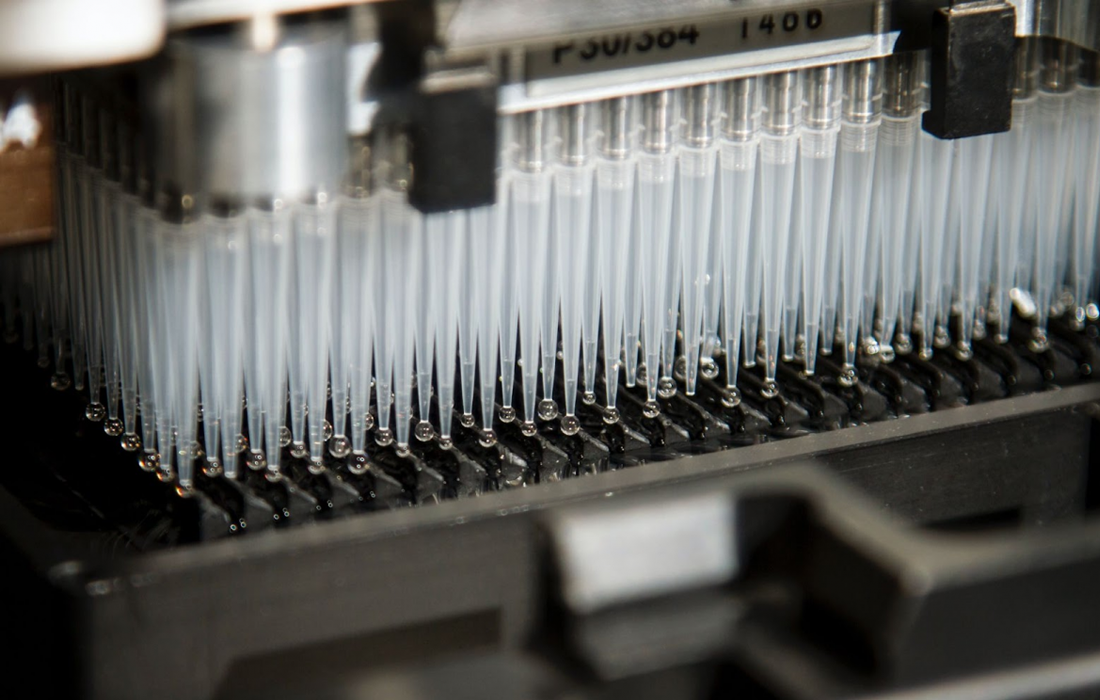Regenerative Medicine News and General Information
Insights into Aging and Tumorigenesis on Colon
The Korea Advanced Institute of Science and Technology (KAIST) and their collaborators have conducted a groundbreaking study targeting ‘jumping genes’ in the entire genomes of the human large intestine.
The study shows that L1 genes can become activated and disrupt genomic functions throughout an individual’s lifetime, particularly in the colorectal epithelium.
With approximately 500,000 L1 jumping genes, accounting for 17% of the human genome, they have long been recognized for their contribution to the evolution of the human species by introducing ‘disruptive innovation’ to genome sequences. Until now, it was believed that most L1 elements had lost their ability to jump in normal tissues of modern humans. However, this study reveals that some L1 jumping genes can be widely activated in normal cells, leading to the accumulation of genomic mutations over an individual’s lifetime. The study illustrates that every colonic epithelial cell experiences an L1 jumping event by the age of 40 on average.
The research, led by co-first authors Chang Hyun Nam and Dr. Jeonghwan Youk, involved the analysis of whole-genome sequences from 899 single cells obtained from skin, blood, and colon epithelial tissues collected from 28 individuals. The study uncovers the activation of L1 jumping genes in normal cells, resulting in the gradual accumulation of genomic mutations over time.
“This study illustrates that genomic damage in normal cells is acquired not only through exposure to carcinogens but also through the activity of endogenous components whose impact was previously unclear. Genomes of apparently healthy aged cells, particularly in the colorectal epithelium, become mosaic due to the activity of L1 jumping genes,” said Prof. Young Seok Ju at KAIST.
“I am delighted that the research team’s advancements in single-cell genome technology have come to fruition. We will persistently strive to lead in single-cell genome technology,” said Prof. Hyun Woo Kwon of the Department of Nuclear Medicine at Korea University School of Medicine.
Sources:
Chang Hyun Nam, Jeonghwan Youk, Jeong Yeon Kim, Joonoh Lim, Jung Woo Park, Soo A Oh, Hyun Jung Lee, Ji Won Park, Hyein Won, Yunah Lee, Seung-Yong Jeong, Dong-Sung Lee, Ji Won Oh, Jinju Han, Junehawk Lee, Hyun Woo Kwon, Min Jung Kim, Young Seok Ju. Widespread somatic L1 retrotransposition in normal colorectal epithelium. Nature, 2023; 617 (7961): 540 DOI: 10.1038/s41586-023-06046-z
The Korea Advanced Institute of Science and Technology (KAIST). “‘Jumping genes’ found to alter human colon genomes, offering insights into aging and tumorigenesis?.” ScienceDaily. ScienceDaily, 25 May 2023. <www.sciencedaily.com/releases/2023/05/230525141318.htm>.
Images from:
Photo by National Cancer Institute
https://unsplash.com/photos/to8o0bqOA6Q

